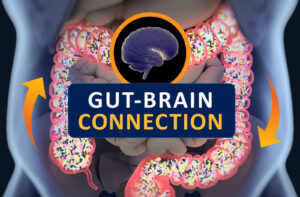Swedish researchers at the Karolinska Institutet in Stockholm conducted a study on mice based on how the gut microbiome impacts the maintenance of skeletal muscle mass.
The head of the study, Sven Pettersson, knew from prior studies that the gut microbiome has a heavy involvement in organ function, metabolism, and immunity.
With two types of mice, a wild type of mouse with a microbiome, and a “germ-free” type of mouse without, the researchers performed a variety of tests. They concluded that the germ-free mice had weaker and more atrophied muscles compared to the wild mice at the end of the experiment. They also found that they mice had reduced gene-expression of muscular growth.
These germ free mice also had higher levels of amino acids, which were a sign of liver dysfunction, and had low levels of serum choline. Serum choline is a precursor to the neurotransmitter acetylcholine, which relays signals between the nerves and the skeletal muscles. A lack of serum choline could result in a dysfunctional nervous system.
The researchers discovered that a lack of microbiome was accompanied by reduced muscle mass, which can increase the likelihood of metabolic disorders.
In another part of the study, the researchers discovered that transplanting the gut microbiome from the wild mice into germ-free mice reduced muscular atrophy and improved metabolic capacity of muscle. The researchers concluded that treating the germ-free mice with the fatty acids naturally produced by a gut biome temporarily reversed muscular atrophy and restored of muscle strength,
Pettersson and his group still want to conduct more studies based on this one to further characterize microbial function and how they could impact skeletal muscular function, but this initial study shows promising results for gut health in humans as well.
Citations
https://stm.sciencemag.org/content/11/502/eaan5662




